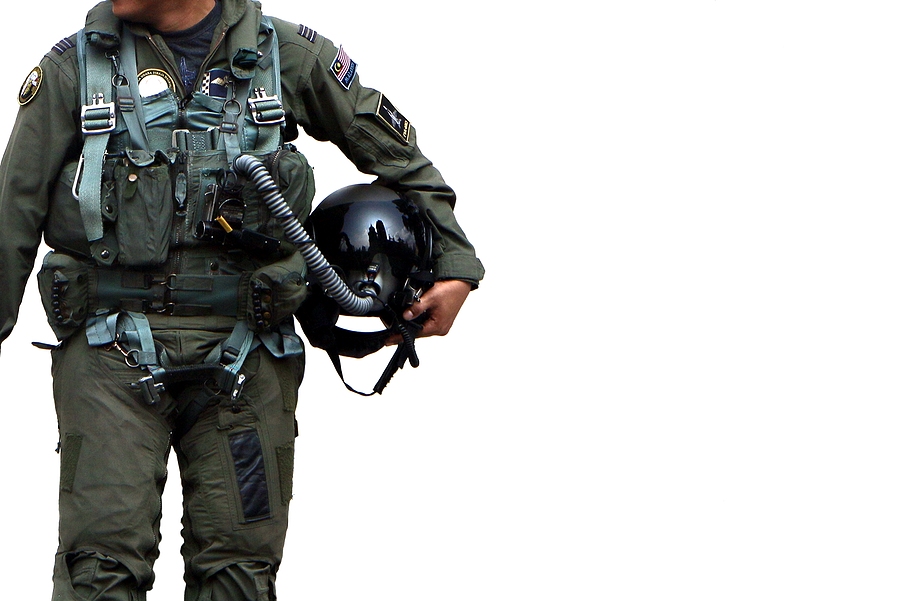Simple. We are an aviation medical consulting service. Still, have questions? Let me go on.
In a sense, it’s all in the name. In military aviation, pilots fly with a wingman to provide mutual support and make the mission more effective. The flight lead is generally responsible for planning the flight and directing the mission, while the wingman is there to help watch out for any inflight hazards and take care of the more mundane aspects of flight planning.
When it comes to obtaining your FAA medical exam, you are the flight lead and we are your wingman. When you’re faced with a new diagnosis or any issue affecting your FAA medical certificate, you have a lot to worry about. Your aviation career – whether as a profession or just for the joy of flying – is on the line. Navigating the FAA system can be difficult and time-consuming.
There is often a large amount of documentation that you are required to submit and the process can also involve multiple requests for additional information from the FAA. From start to finish, it can sometimes take six months or more from your visit to the Aviation Medical Examiner (AME) to finally receive your certificate.
At Wingman Medical, we specialize in taking the guesswork out of the medical certification process. You’re still responsible for making sure you stay healthy and keep up with any treatments recommended by your physicians or medical providers and you’re still responsible for gathering all the information that the FAA needs to determine that you’re safe to fly.
But, just like a good wingman in the air, we’re here to make sure you avoid anything that could threaten your goals. We make sure that everything you submit to the FAA is done right the first time so you stay in the air or don’t stay grounded any longer than absolutely necessary.
Let’s walk through the process. Assume you have an issue that affects your medical certification. It could be any number of things. You could have a new diagnosis like high blood pressure, a head injury, high blood sugar, or any number of conditions. Your AME might have issued your certificate, but several weeks later you received a request for more information from the FAA.
Maybe, you recently went to your AME without expecting any issues, but instead of issuing your certificate, he/she deferred the decision to the FAA. Regardless, new medical issues are not generally something you plan for.
Your top priority needs to be getting yourself back in the direction of optimal health. That means coordinating with your physicians, making sure you comply with whatever treatments they prescribe and doing everything in your power to recover from acute injury or illness and get any chronic medical conditions under control.
You probably have a very well-qualified and competent doctor or team of doctors helping you with this, but their focus and expertise will be on optimizing your health. They may not know anything about FAA medical certification or even what information is relevant.
Once you feel you’re safe to fly again, you’ll have to coordinate with the FAA through your AME to show that you’re up to the task. As we’ve mentioned in other posts, neither the FAA or your AME has any interest in keeping qualified pilots grounded. That said, their primary responsibility is to keep the federal airspace safe for everyone.
Generally speaking, if you think you’re safe to fly, your AME and the FAA will probably agree with you…eventually. Bridging that gap basically boils down to making sure that you gather the appropriate information from your treating physicians so the FAA understands your unique situation and can make an informed assessment regarding whether you’re safe to fly. The process by which they reach their decision takes one of two paths. If you have a Condition AMEs Can Issue (CACI) and you arrive at your flight physical appointment with all the appropriate documentation from your treating physicians, your AME can issue your certificate on the same day based on standing FAA policy.
If you can get a hold of your AME before the appointment, they can help you with figuring out what to bring or you can research the information on your own using the FAA’s website. Most AMEs should be able to deal with a simple CACI without much issue, but it pays to ask the question before the day of your appointment. If you have multiple conditions or one that doesn’t qualify for a CACI, you’ll need a special issuance.
We’ve written about the special issuance process before. For the purposes of this discussion, suffice to say that unless you, your AME or someone else has done some due diligence, receiving a special issuance from the FAA often takes several written exchanges over the course of four to six months or longer.
At Wingman Medical, our job is to make sure you get your medical certificate quickly with the least amount of stress possible. Whereas your treating physicians are responsible for making sure you’re healthy and the FAA is primarily concerned with making sure the airspace is safe, we are here to advocate on your behalf.
Whether you’re medically qualified to keep flying and need recommendations about temporary conditions or medications, just need someone to review your medical history and provide some peace of mind, or have a condition that requires a CACI or special issuance, we’re here to make sure you keep flying as soon as you’re safe to do so.
So what do we do that’s different from an AME? Sometimes nothing. There are about 3000 AMEs to choose from. Many of them are more than willing to work with you before your exam, collect your records, review them and jump through all the administrative hoops necessary to make sure your exam comes off without a hitch.
That’s not the case with all of them, but we’d like to believe most are willing to go the extra mile. The real problem is that once you show up for your exam and an AME reviews your application, they’re under a time crunch to submit your physical to the FAA. Depending on his/her schedule and familiarity with the process, an AME might not have any other option than to defer your certification decision to the FAA.
Another scenario that comes up occasionally is that an AME may issue your certificate, but the FAA decides they need more information from your treating physician to uphold the certification. Those information requests usually come with a timeline that your AME may or may not be able to meet.
Our job is to make sure you avoid those situations and make sure that if you’re safe to fly, you’re never grounded a day longer than necessary. How we do that depends on what you need.
Whether it’s confidentially discussing your medical certification concerns without risk, reviewing the information you’ll provide in your application to make sure you don’t inadvertently trigger a deferral, making sure you have everything you need for a CACI submission or compliance with an existing special issuance or combing through hundreds of pages of medical records to craft your submission to the FAA, we’re here to do one thing – keep you flying.
With that single focus, we don’t accept new clients unless we can devote our undivided attention to your case and we don’t accept clients who we think shouldn’t be in the air.
When you’re working with us, you’ll know you have a team of expert aeromedical physicians who know from our own experience as pilots how devastating medical grounding can be. You’ll get our undivided attention, our years of expertise, and our promise that if you’re safe to keep flying, we’ll get you in the air as soon as possible.
For more information, reach out to us at contact@wingmandmed.com or 305-504-2934.
Also, see Stages of Wingman Medical Help





